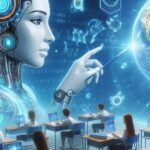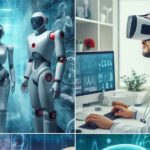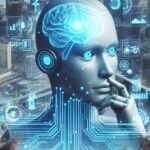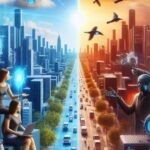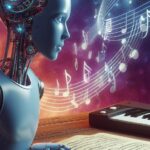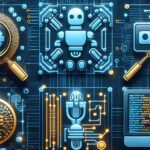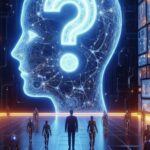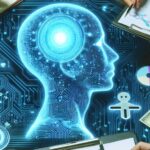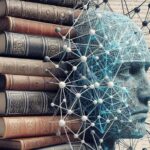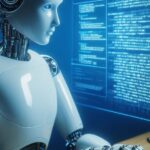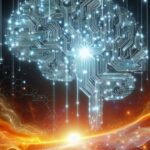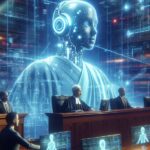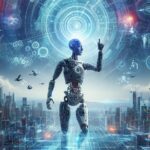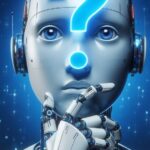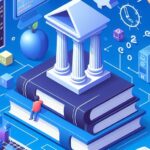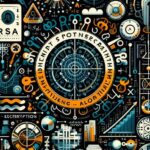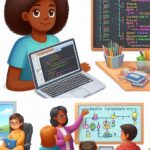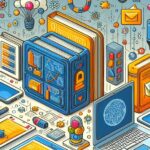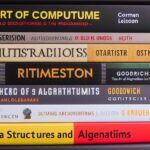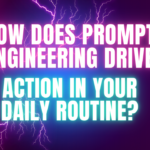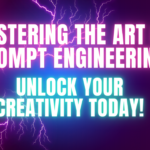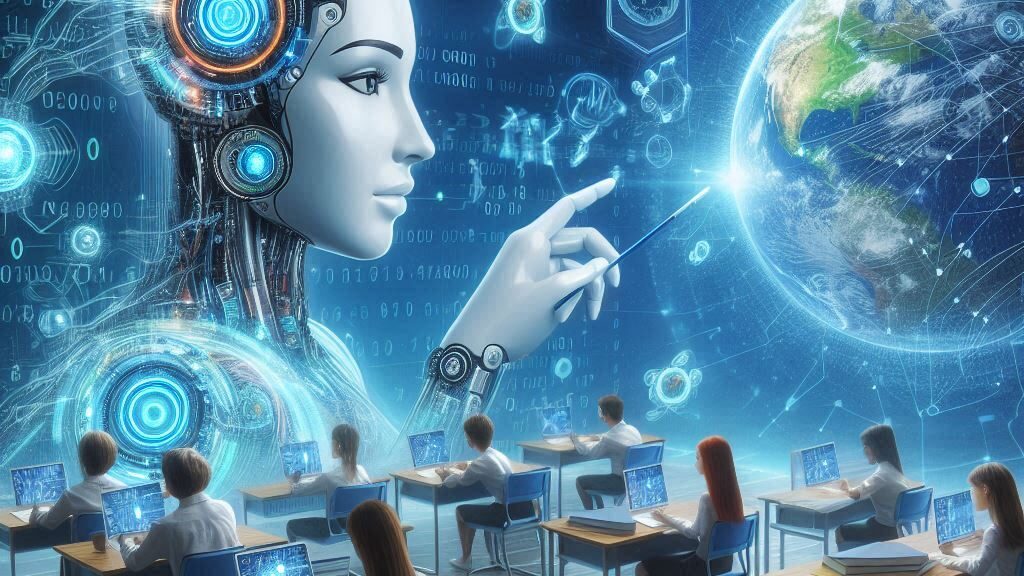Introduction
The education field is not a single exceptional area to gain considerable insights from Artificial Intelligence (AI), with it infiltrating many different sectors. In light of the advancement of AI, the education world is facing a turning point in terms of how education is delivered and received. This tech could be the breakthrough in learning that makes it more personalized, interactive, and efficient.
Table of Contents
The Advent of Personalized Learning
Among the major AI contributions to education, the case for the introduction of customized learning is the most obvious. Machine learning and AI-based algorithms can track a student’s achievement, assess their strengths and deficiencies, and deliver targeted content. This approach eliminates the need for individual instruction by a teacher, which leads to a greater understanding of each student’s working process and their learning style and pace, thereby improving the student’s overall educational experience.
Interactive Learning Environments
AI has also brought about this novelty in learning which incorporates more interaction than before. Providing answers to a variety of queries, thanks to the collaboration of AI-powered chatbots and virtual assistants, students now have their questions explained in real time. This kind of tool can give you immediate feedback, which makes learning more interesting and productive.
Efficient Administrative Tasks
AI is not only a type of tool that revolutionizes the learning experience for pupils but also changes the admin tasks of the teachers. On the one hand, AI can relieve teachers from burdens like marking as well as maintaining records of student progress which then makes them pay more attention to teaching.
Enhanced Accessibility
Artificial Intelligence is becoming a very important tool for education to be made more accessible. AI-powered platforms can offer remote, digital content and coursework to those students who experience physical difficulties in attending traditional classroom lessons. Also, AI can help students who have disabilities either by designing custom interfaces to meet their needs or adapting the materials to them. For instance, AI can know how to turn text into speech for visually impaired students or make audio cues for those with hearing impairment. Thus, such a general effort guarantees that every student has an equal chance for education, irrespective of their situation.
Predictive Analysis in Education
AI Artificial Intelligence(AI) that has a predictive analysis function to improve education area is a very powerful tool. Through analyzing student information, AI can tell things such as trends and results that can help teachers and institutions make decisions that are backed by information. One case is when AI can predict a student’s performance based on their learning patterns and therefore can provide timely intervention if a student is about to fail. Such a case clearly illustrates the productive nature of a proactive stance, since a student can greatly benefit from using academic life.
Immersive Learning with AI
Humanized version: AI is assisting education in the immersive learning realm as well. The AI is, using Augmented reality (AR) and Virtual reality (VR), allowing students to learn through 3D models and simulations. It also makes studies more immersive and plays a key role in the explanation of hard concepts. Likewise, rather than studying historical happenings from textbooks, you can get immersed in the event. These highly engaging activities can dramatically improve education.
AI in Content Creation and Evaluation
AI facilitates and enhances the educational content creation and appraisal processes as the final change. Intelligent systems can produce tests, quizzes, and even textbooks in line with the lesson content. In addition to this, the systems can also assess student answers, giving them instant feedback. By doing that, educators can focus their time and provide students with proper feedback periodically allowing them to learn and improve continuously.
AI in Tutoring and Mentoring
AI has become one of the most important elements of tutoring and the supervision process. AI-powered tutoring systems can give students a chance to get the instruction that they need, to fill the gaps in traditional classroom teaching. Such computer programs can change pace as well as they can provide more thorough and deep explanations and additional exercise problems when needed. This type of personalized tutoring allows for a student’s full grasp of a particular subject matter; consequently, the academic performance of the student is significantly enhanced.
AI in Collaborative Learning
AI is also promoting collaborative learning which means joint learning activities between students and teachers. AI-driven platforms can connect students from different parts of the world and thus let them work together on projects and learn from each other. This medium may bring students together for peer-led discussions, joint problem-solving, and collaborative learning thus increasing the educational experience at the end of the day. That way, more than providing them with bits of information, it also enables them to master integral skills like teamwork, communication, and critical thinking.
AI in Curriculum Design
Artificial Intelligence is the key factor in the field of curriculum design transformation. AI can analyze much more data than the old methods do and help to establish which teaching methods are more effective and which class content is more relevant. It allows the forming and implementation of an interactive and evidence-based teaching program that helps students develop the necessary skills and businesses operate efficiently. This way, the education they get is not only thorough but also relevant to the skills they need to have in the job market.
AI in Lifelong Learning
At last, AI is also for career-long learning, which is a step towards progress. Technology is making the race so fast as the skills in jobs keep changing. The AI-based learning platforms can offer the latest and relevant courses for professionals who want to upgrade or re-think their skills. These platforms can suggest the needed courses based on the individual’s kind of career and learning preferences. Personalization, in this case, is one of the characteristics of lifelong learning.
Conclusion
In brief, AI is the fundamental force that drives education forward and consequently improves learning experiences. Through personalized learning, interactive environments, and streamlining administrative tasks, AI is transforming the educational landscape. With the advent of more advanced technologies, we can confidently say that the future holds more interesting processes and a highly effective method of teaching the learners of the new generation.






